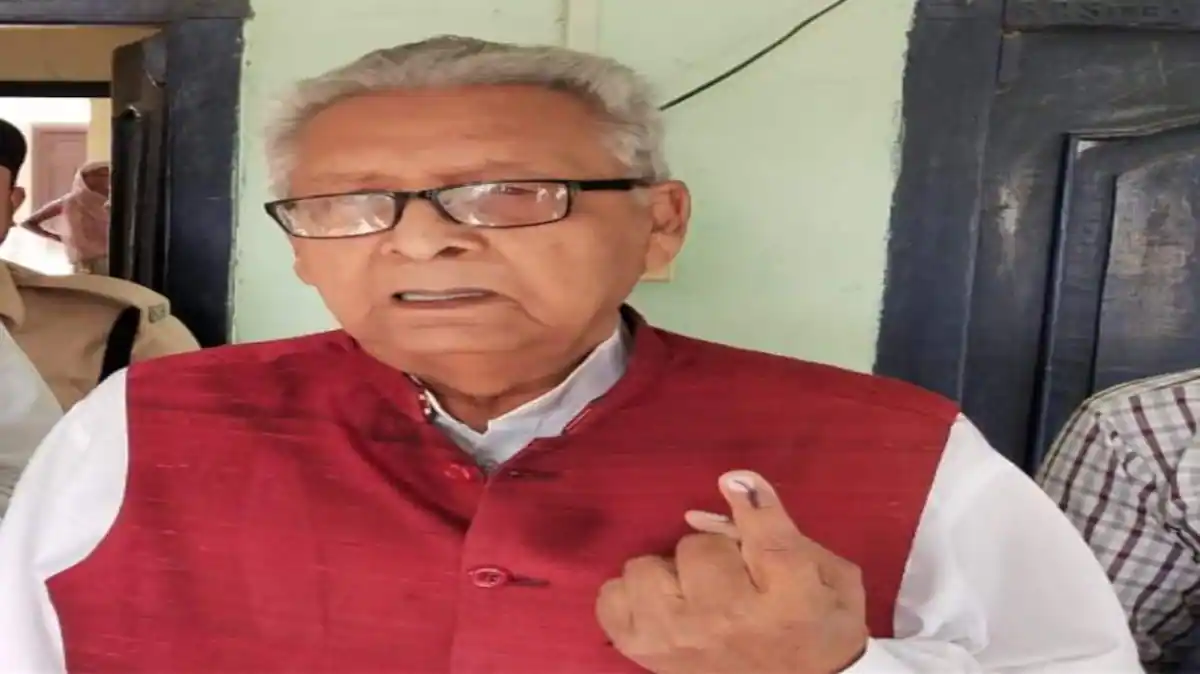Copyright india

January 28, 1968, is remembered in the annals of history of Bihar as the day that initiated a tectonic shift in the politics of the state. On this day, Satish Prasad Singh, belonging to an Other Backward Class (OBC) family, became the Chief Minister.It was the first instance where the politics in Bihar shifted away from the ruling forward castes (such as the Bhumihars and Rajputs) to a member of the Koeri community, an OBC group. This changed the very direction of Bihars political history.Even though S.P. Singh was in the highest position for only five days, the incident is regarded as a great political milestone because it opened the door to the eventual predominance of OBC leadership in the state.Rebellious Streak And Personal LifeSatish Prasad Singh was born on 1 January 1936 in a rural agricultural family belonging to Bihars Khagaria district. He was educated at D.J. College in Munger and was known since an early age to have a rebellious nature, such as reportedly doing an inter-caste love marriage in defiance of his familys opposition.A staunch socialist, Singh was a drama buff. After his retirement from active politics, he even wrote and featured in a movie called Jogi aur Jawani.A Calculated Move, Not An Accidental CMS.P. Singh was no accidental Chief Minister. His promotion was a deliberate act of a calculated move to break up the hold of the upper castes on Bihar politics and claim a strong stake for the backward classes. His five-day tenure assumed significance only when seen against the political context.The set was laid in March 1967, when a year ago the Samyukta Vidhayak Dal (SVD) had set up Bihars first non-Congress government, with Mahamaya Prasad Sinha as Chief Minister and Karpoori Thakur as Deputy Chief Minister.The B.P. Mandal FactorThe SVD government, which was backed by all parties opposed to the Congress, was shaken by an internal crisis. Bindeshwari Prasad Mandal (B.P. Mandal), a sitting MP in the Lok Sabha belonging to the Samyukta Socialist Party (SSP), resigned his seat to join the state government as a minister.This action infuriated socialist ideologue Dr. Ram Manohar Lohia, who had given guidelines to secure the stability of the non-Congress government. One of his major points was that no current MP should resign in order to become a member of a state government. Dr. Lohia rebuked B.P. Mandal, making him resign from the state cabinet and leading to a bitter rift.B.P. Mandal, and other disgruntled leaders such as Jagdeo Prasad, defected from the SSP to create a new party: the Shoshit Dal. S.P. Singh was one of the leaders of this new party.Most importantly, Satish Prasad Singh was made CM for five days merely for the purpose of paving the way for B.P. Mandals eventual ascension.The Birth Of Horse-Trading In BiharThe Mahamaya government also alienated influential leaders by establishing the Iyer Commission to probe into allegations of corruption against ousted Chief Minister K.B. Sahay and his supporters (Mahesh Prasad Singh, Satyendra Narayan Sinha, etc.).K.B. Sahay and Satyendra Narayan Sinha, seeking a chance to overthrow the SVD government, found ready supporters in aggrieved B.P. Mandal and Jagdeo Prasad.Senior journalist Santosh Singh describes in his book, The Jananayak, how the Congress leaders persuaded B.P. Mandal and Jagdeo Prasad that they would get complete Congress support if they defected from the SSP.The Five-Day InterregnumThe Congress bosses, charged with corruption, were eager to topple the SVD government to avoid prosecution. As R.L. Chandapuri, one of the masterminds of the coup, admitted in a 1980 interview, he went to the Congress with an offer: they would back removing the SVD government if B.P. Mandal was appointed the next CM. Chandapuri was driven by a desire to put an end to the tradition of upper-caste chief ministers and have one from the backward classes hold the reins.B.P. Mandal and Jagdeo Prasads Shoshit Dal, supported by the Congress, managed to topple the first non-Congress government.Satish Prasad Singh was Chief Minister from January 28, 1968, to February 1, 1968.Singh was required to resign because B.P. Mandal was not a member of either the state legislature house and had to be appointed to the Legislative Council within the five-day period. After the compromise, S.P. Singh stepped down, and B.P. Mandal was sworn in as the new Chief Minister on February 1, 1968. Even Mandals term, while short, ended in success for the five-day government, as it attained its central political goal: putting an OBC leader in charge of Bihar.ALSO READ | Masood Azhars Sisters Launch Online Course To Train Women For Suicide Missions; JeM Charges Rs 500 Donation



